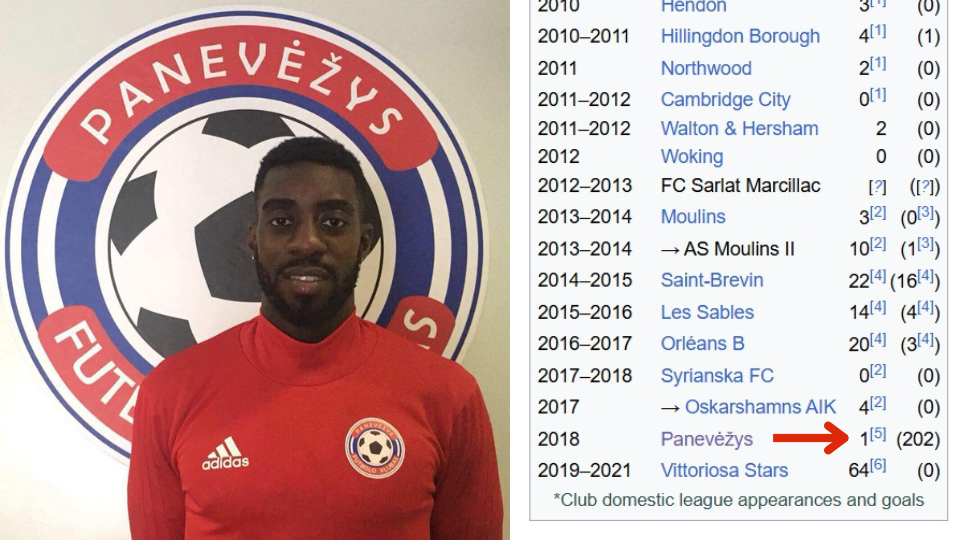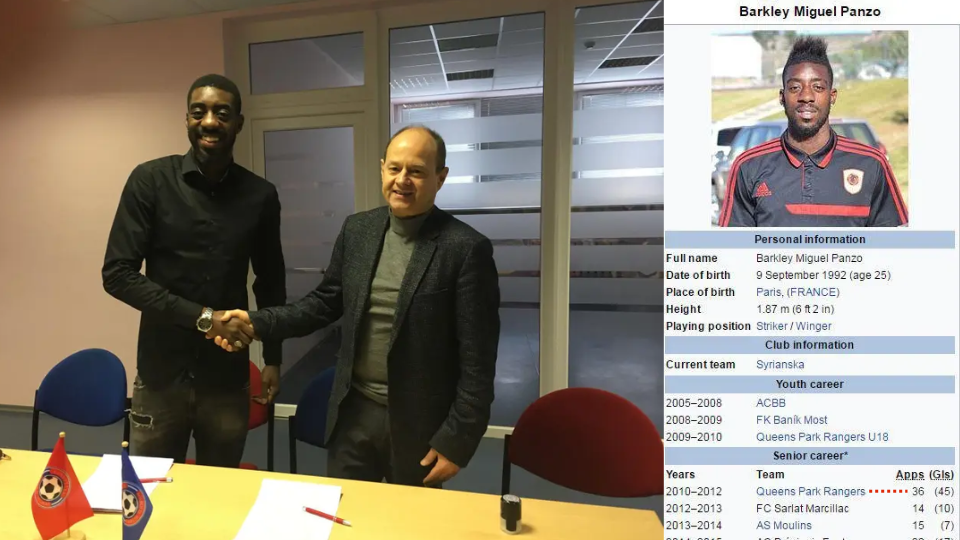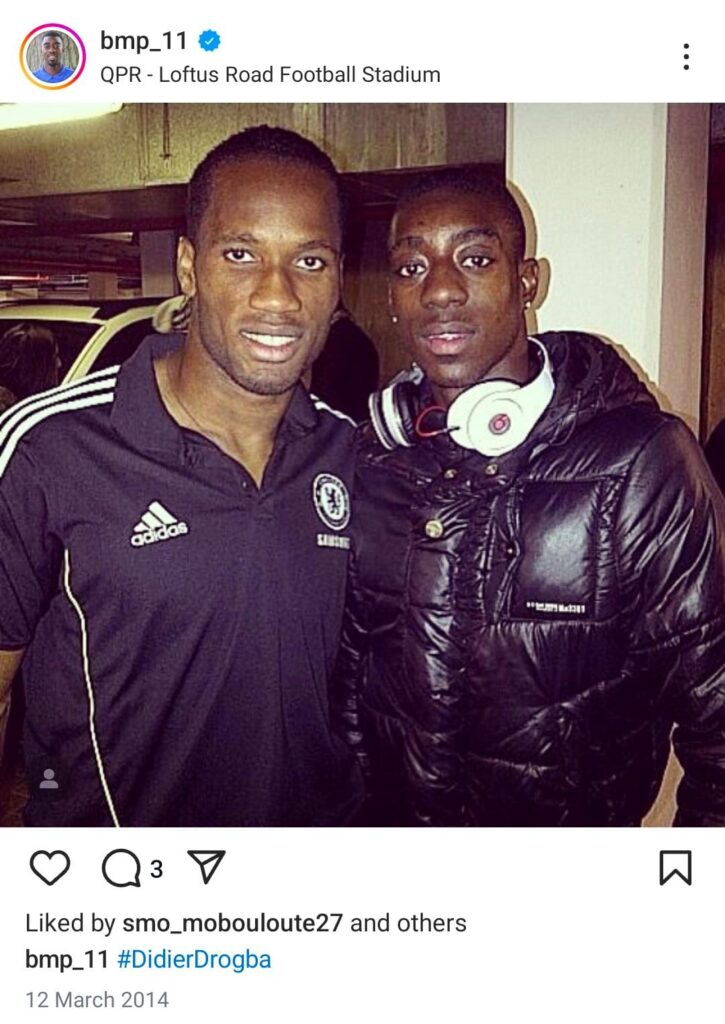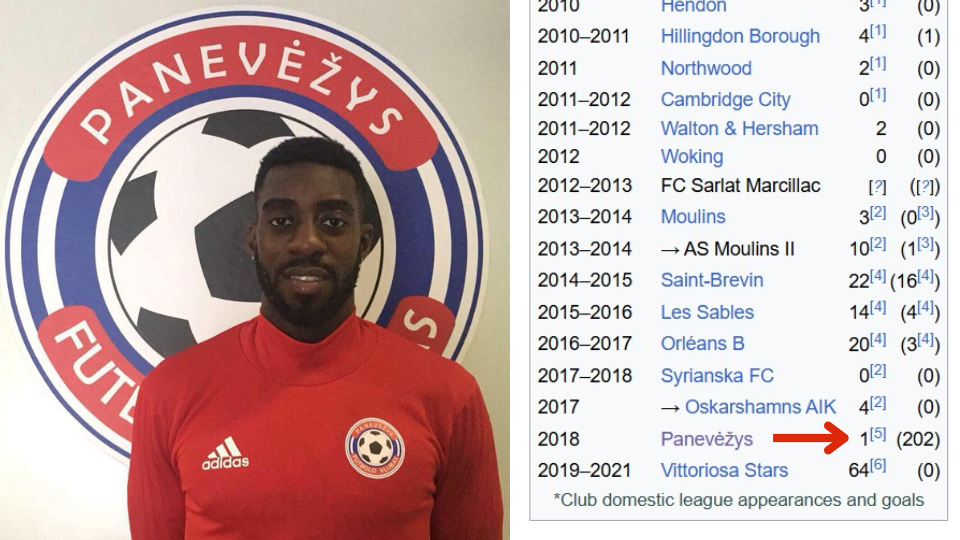
Whenever we seek information about someone or something, we typically turn to Google, and more often than not, the first link we click on is a Wikipedia page. The free-for-all editable platform has been providing humankind with vast amounts of information on the Internet for a long time. Whether for a school project or academic work, Wikipedia has been a valuable resource. However, citing a Wikipedia link is generally discouraged by academicians, who recommend referring to the original sources cited on the page. The reason is that Wikipedia is an open-source platform that aggregates information from across the Internet and can be edited by anyone.
A funny, yet unique, incident occurred in 2018 when Wikipedia and the winter football transfer window collided in an unexpected way. Football fans often search for a player’s Wikipedia profile when their favourite club signs an unfamiliar player. Back in February 2018, FK Panevezys fans likely did the same and were thrilled to welcome their new striker, who supposedly had an astonishing scoring record with Queen’s Park Rangers (QPR) at Loftus Road.
Panevezys, a club in Lithuania’s second division at the time, were aiming for promotion when they signed a forward named Barkley Miguel Panzo. His Wikipedia page back then stated that he had scored 45 goals in 36 appearances for QPR. Panevezys supporters must have been ecstatic to have landed such a prolific goal-scorer, whose statistics even surpassed the legendary Rodney Marsh’s goal ratio at QPR. But how did a second-tier Lithuanian side manage to secure such a striker?
This story bears similarities to another infamous football transfer blunder that took place 22 years earlier. Ali Dia, a former Senegalese footballer, briefly played as a striker for Southampton in 1996 after deceiving then-manager Graeme Souness into believing he was the cousin of Ballon d’Or winner George Weah. As a result, Southampton signed him on a one-month contract. However, his time at the club was short-lived—he made just one league appearance as a substitute before being substituted himself. Only 14 days into his contract, he was released, marking the abrupt end of his stint with the club.
In the case of Panzo, the misleading statistics on his Wikipedia page were later revealed to be inaccurate. Initially, the page had stated that he had scored 24 goals in 36 appearances for QPR, before later being altered to 45 goals, according to a report by The Sun UK.
Born in France to Angolan parents, Panzo had played in England for QPR’s academy side but never progressed beyond Woking in the English fifth tier at the senior level. After playing for various non-league clubs, he moved back to France to play in the lower divisions. His Wikipedia page also claimed that he had earned three caps for Angola in the Africa Cup of Nations qualifiers, but no official records supported this claim.
The amusing part of the entire episode was that the Panevezys management eventually realised their mistake, apologised to their fans, and still gave Panzo a chance. However, after failing to make an impact, he was released after 18 games. When questioned about the Wikipedia controversy, he denied having edited the page himself.

“This page was amendable by anyone, and I still don’t know if someone really had fun making me out to be a serial goal-scorer or if the translation from English to Slovenian [bizarre, considered he was playing in Lithuania] confused the issue,” he said in a feature by UNEP – The Union of Professional Footballers, the organisation where he currently works as a content creator. He has been working there since 2019 after retiring as a football player.
Panzo also maintained that he was signed by Panevezys based on his trial performance and two friendlies, not the misleading Wikipedia stats. “When the networks started to get excited, I had already signed my contract after a trial and two friendlies, after which the club decided to hire me,” he said. “Because I had proven my worth on the pitch. And not on the net.”
He further defended himself, stating that he had played for QPR’s academy side and never misrepresented his career. “Of course, I had played for QPR, but in the youth teams, never as a pro, and I challenge anyone to prove that I could have made people believe otherwise.”
Although his Wikipedia page still claims that he scored 202 goals for the club in a match during his time in Lithuania, the true origin of these bizarre claims remains a mystery, leaving many to wonder who is behind these practical jokes.
Regardless of the mix-up, the incident from February 2018 remains one of the funniest moments in world football, now lost in the folklore of Lithuanian football—a country that rarely makes global headlines in the sport.





